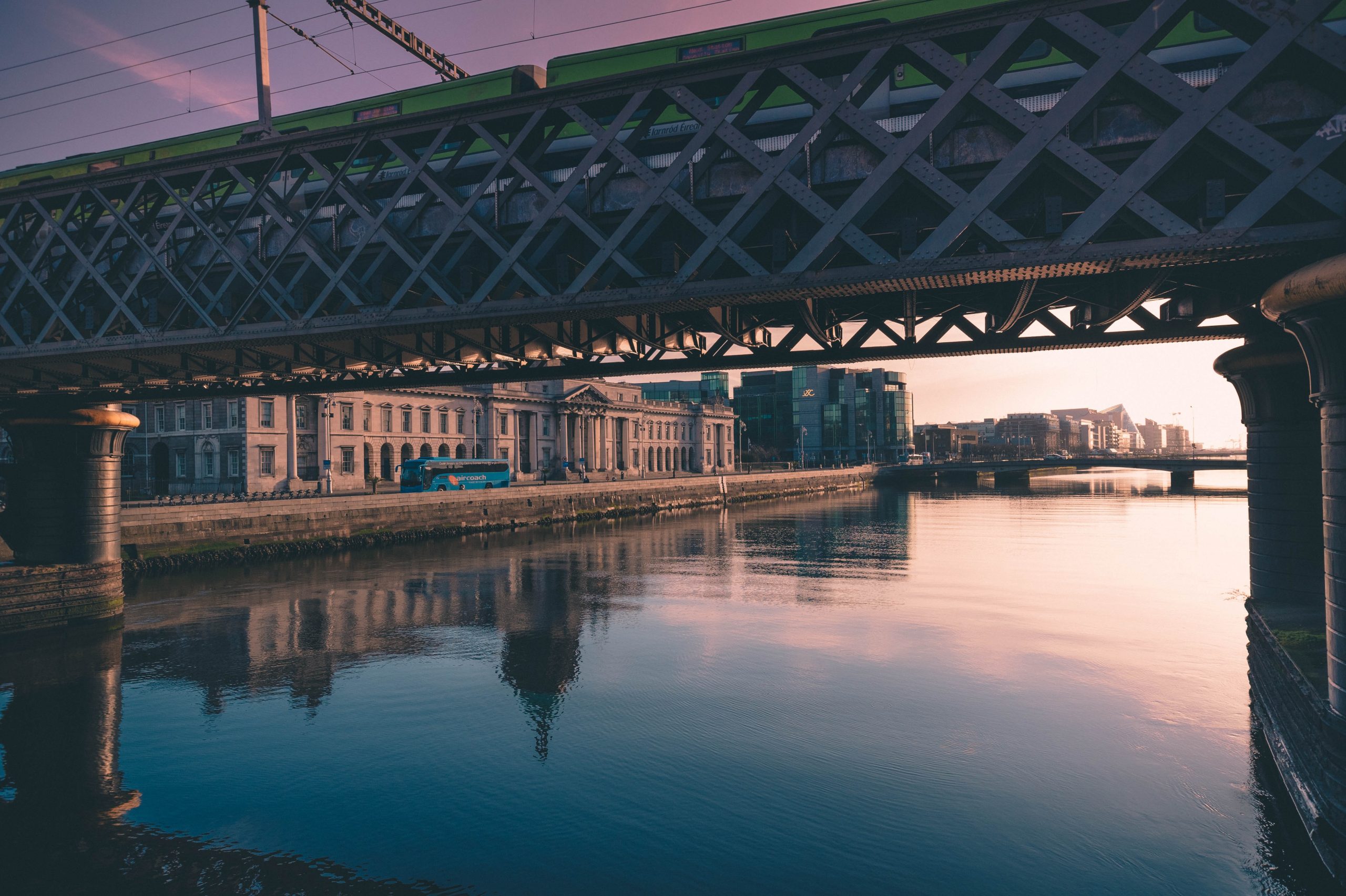Since the foundation of the state, Ireland has subscribed to the practice of changing our clocks twice per year. This bi-annual changing of clocks leads to brighter mornings during the wintertime at the expense of light during the evenings. While one can easily appreciate brighter winter mornings, it is worth debating if the practice is really worth it. Do the positives outweigh the negatives? I don’t think they do. We should stop awkwardly playing with our clocks and stick to brighter evenings all year round.
One common argument in favour of the practice is the idea that it is beneficial to those who work in our country’s agricultural industry. While I have the utmost respect for these communities the reality is that they represent a minority of Irish society — less than 5%. Should we all be expected to adjust our clocks twice per year for such a small part of the community?
To me, the arguments in favour of abandoning the practice of changing our clocks are obvious. For a start, dark winter nights are dreaded by huge amounts of people. We are all too familiar with the dread which kicks in around August time as the evenings begin to dull, we chat about the reality that things are going to get worse when the clocks go backwards. This dread is not merely the product of preference, instead the practice can, and often does, have very real impacts on people’s mental health resulting in increased cases of conditions such as seasonal affective disorder. Research has also found a link between the adjustment to our clocks and serious health issues such as heart attacks. By giving up the practice we would maintain regular sleep patterns, something which would benefit public health.
“By having an extra hour of light during the evening time we would give ourselves more freedom.”
It also just seems more logical that we extend our exposure to light during the evening time instead of the morning time. Since the Pandemic more and more of us have been working from home. I understand that the idea of a bright commute is appealing but the reality is that less and less of us are travelling to work and it appears as though this trend isn’t going to change. By having an extra hour of light during the evening time we would give ourselves more freedom. The freedom to go for a walk after the day’s work or simply even have the light to enjoy during our limited free time after work or school. I know that I would far rather have an extra hour of light to pursue my personal interests instead of having to appreciate the morning’s extra light sitting on a crammed bus or in traffic. I am certainly not alone in my viewpoint with nearly 70% of respondents to The Journal’s poll on the issue in favour of abandoning the practice.
When having this debate with parents I regularly hear the line “Think of the children!” For a start, I do not have any children and thus I am not all that concerned for them, but on a more serious note, I don’t think the argument holds up. Many children are engaged in extracurricular activities or after-school study and as a result, have to commute home during the dark. For some reason, this reality seems to be accepted by most parents. Either way, children are likely to have to commute in the dark and they are generally fine. If anything, we are all more likely to encounter dangerous individuals during the evening time and could benefit from the security provided by extra daylight.
The additional daylight that we would gain as a result of abandoning the practice would also improve safety for those commuting home. This security offered by the light could offer a greater level of safety to all, in particular women and minorities who face additional safety issues.
Economically the choice also seems obvious. By providing people with extra daylight, they automatically receive greater choice as to how they spend their time and money. With the cost of living crisis impacting many, we would benefit from the opportunity to spend more time outside of our homes instead of spending our money paying for electricity to use the likes of our televisions, heaters, and lights.
Overall, the practice of changing our clocks seems archaic. I believe we would all benefit from the additional evening light provided by bringing an end to the practice and I am not alone. Politically the movement also has the backing of the European Union with MEPs voting to end the practice in 2019. It seems like the logical and desired thing to do, so what’s stopping us?
Governments are slow to react and issues such as this are often put on the back burner in order to prioritise issues which are deemed more important. There is also the possibility that Northern Ireland does not scrap the practice of changing clocks. This would result in two different time zones on our small island, a reality which could be extremely problematic for border communities in particular. While these issues exist much greater problems have been overcome. If our communities and governments can work together in an effort to get rid of this dated practice, I believe we would all benefit.






